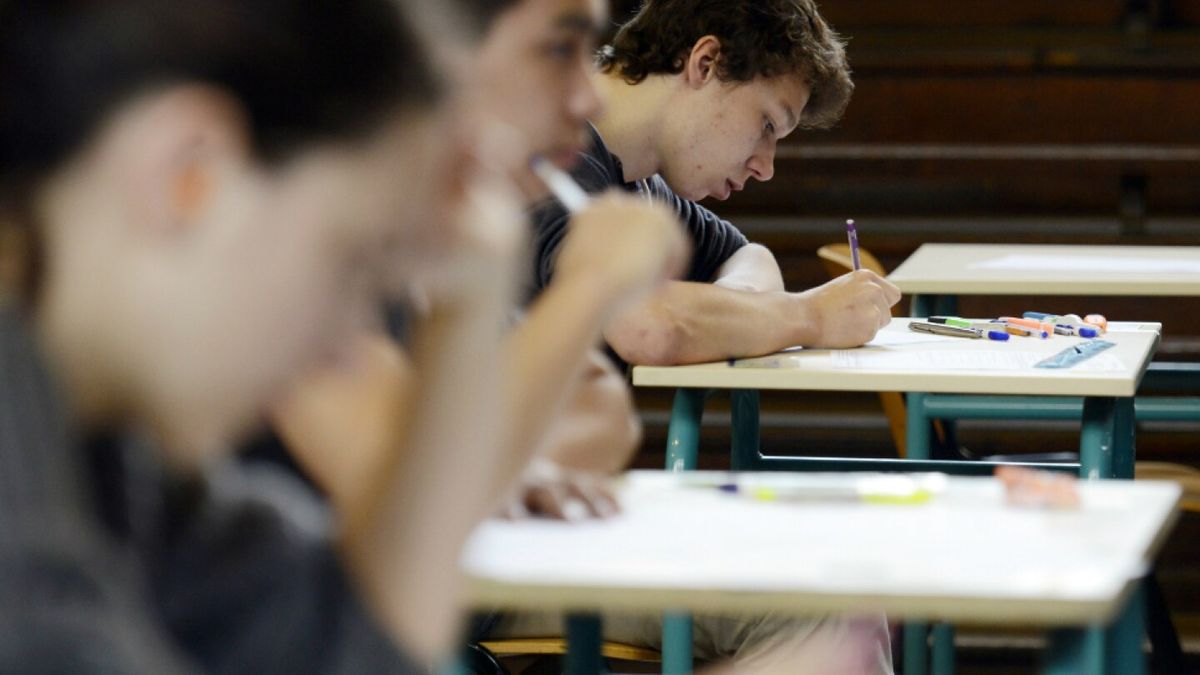The possible candidate for Minister of Economy in case Alvaro Delgado win the October elections, Diego Labatannounced the program of the eventual government where they propose to reward low-income students who finish high school.
In this regard, he explained that the prize per student would be around 6,000 dollars. “Around $80,000 the first year (fifth year of high school) and around $160,000 the second (sixth year of high school),” he commented in conversation with Desayunos Informales.
He stressed that the money would be given all at once and would be destined for the youngest students who finish high school or UTU. “It is not for any age, we want them to finish soon,” he said, but did not explain what the maximum age would be to receive the prize.
“Uruguay has bad numbers to finish the high school. “It targets a part of society that is outside the economy, that finds it difficult to have formal jobs,” he lamented. For this reason, he stressed that the premise is to get these young people into the economy.
“The logic is to motivate young people who today cannot, do not want to, finish. Today we have sectors of the economy “They are doing very, very well: audiovisual, technology, with zero unemployment. But there are a lot of kids who don’t finish high school today. We want to bring them into this economy that is doing very well. That’s why this plan is coming in,” he said.
Delgado’s speech
The proposal was mentioned during a party convention by Delgado, which was unanimously approved within the formula that he shares with Valeria Ripoll.
“We are going to do something very innovative, which has no precedents in Uruguay “But some countries in the world do. We are going to create a system for the two poorest quintiles of Uruguay, an economic reward for the kids who finish high school,” he said.
On the other hand, he was in charge of answering Yamandú Orsi, who questioned why the plan was not carried out during this government.
“This plan does not appear to be out of the question, it appears to be because previous steps were taken that allowed it to be achieved. Graduation rose 9% in upper secondary education (in this period). One takes steps, once one completes the first level, one can jump to the second level. Rather than saying ‘why didn’t they do it before?’, it would be ‘I propose something better than what the National Party is proposing’,” he explained.
Source: Ambito




